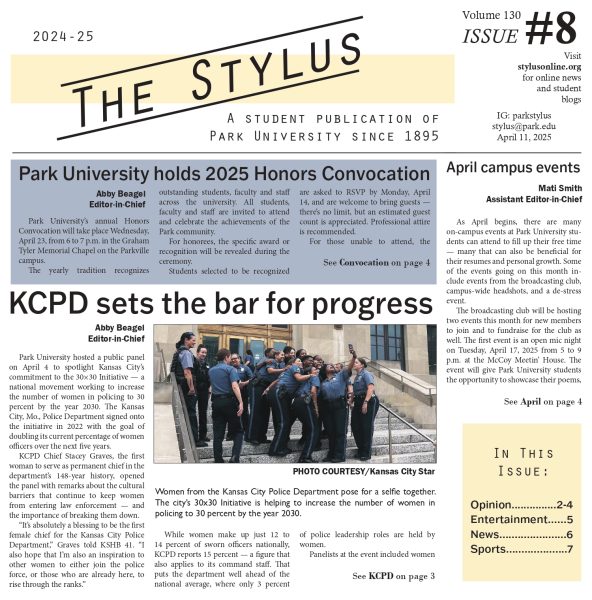Emotional Intelligence in the workplace
Emotional intelligence is defined as the capacity to be aware of, control and express one’s emotions and to handle interpersonal relationships judiciously and empathetically. Companies are beginning to use this form of measurement in the interviewing process.
For example, Bank Midwest is capitalizing on the benefits EI provides. President of Bank Midwest and Chief Marketing Officer, NBH Bank, Whitney Bartelli, explained why EI is utilized in the organization.
“In a world where ‘human-ness’ is becoming increasingly important, the use of EI helps to distinguish one company from another,” said Bartelli. “Millennials in particular value the benefits of EI, and this segment of the population will be our largest in the coming decade.”
A resume cannot tell employers everything about a potential employee. While it does show relevant work experience, accomplishments and other qualifications, it does not provide information about the person’s beliefs, personality and ability to respond to certain situations or stress. In order to see if a person will fit in well with the company, aside from what the resume tells, many businesses now require personality tests. While this form of testing is not currently being used at the bank, they are using EI in other ways.
“Teamwork is a core value in the company, so interpersonal skills and thoughtful collaboration are key requirements to getting work done,” said Bartelli. “The ability to understand another person’s point of view, respect their knowledge and leverage it to develop the best possible work is imperative in our organization.”
EI does not only reveal what kind of a person someone is under the surface, but also about how well they will seemingly fit in with a company’s culture. While there are many benefits of utilizing EI, one of the most important is the ability to work well with others.
“EI fosters stronger relationships and trust, which are key drivers to a healthy work culture and efficient work process,” said Bartelli. “EI eliminates many barriers in employee engagement and is evident with customers when exercised well internally.”
While EI is not new per say, it has not come into popularity until recent years. Attributes such as individual power have fallen out of favor, allowing EI to come to the forefront. Not all companies engage in the practice of EI, or even understand and recognize the proper ways to use it for the company’s benefit.
“Companies who want to keep moving forward will use any tool available to attract and keep top talent,” saidDebbie Sloan, an executive assistant at Bank Midwest. “Societal culture has changed in the past 40-50 years, shifting to a culture that better embraces the emotional and personality factor in the workforce. This is partly why personnel departments became known as human resource departments instead.”
Personality tests, leadership skills and conflict resolution models have been used in businesses for a long time. However, they are only now becoming standard in employment practice since the turn of the 21st century.
“EI is crucial when it comes to successful working relationships,” said Sloan. “Understanding how associates and clients will react in certain situations helps associates to be better prepared, especially when trying to motivate associates and clients to do or not do certain things or act or react in a certain way.”
As EI grows in popularity and the success that comes as a result to it becomes more evident, it will inherently become more commonly used.
“As more and more companies and leaders truly learn and understand the principles of EI, I believe it will become more commonly used and frankly, more required to attract and retain employees and customers alike,” said Bartelli.
While it is important for companies to evaluate how qualified someone is to work within the organization, it is perhaps equally as important to assess how they are able to understand and control their emotions. It is better to prepare for this to become common practice in all areas of work now, rather than pushing it aside and allowing oneself to fall behind.
“EI is the next step in the evolution of the human factor in the workplace,” said Sloan.
Your donation will support the student journalists of Park University. Your contribution will allow us to cover our annual website hosting costs, freeing up other funds for equipment, printing and training.









